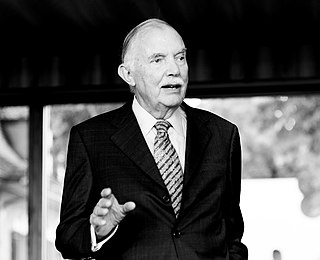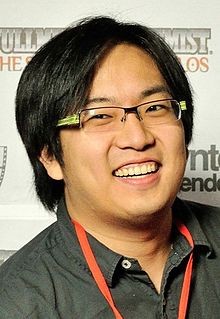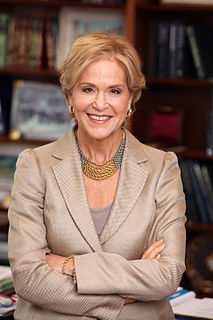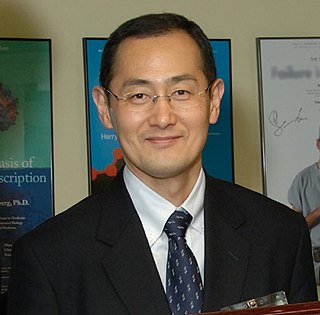A Quote by Lewis M. Branscomb
Scientists are used to debating with one another about the finer points of new research. But increasingly, they find themselves battling their televisions and computer screens, which transmit ever-more-heated rhetoric from politicians, pundits, and other public figures who misinterpret, misrepresent, and malign scientific results.
Related Quotes
All the classical meditation traditions, in one way or another, stress nonattachment to the self as a goal of practice. Oddly, this dimension is largely ignored in scientific research, which tends to focus on health and other such benefits. I suppose the difference has to do with the contrast in views of the self from the spiritual and scientific perspectives. Scientists value the self; spiritual traditions have another perspective.
Close observation of children at play suggests that they find out about the world in the same way as scientists find out about new phenonoma and test new ideas...during this exploration, all the senses are used to observe and draw conclusions about objects and events through simple, if crude, scientific investigations.
The great scientific achievements are research programmes which can be evaluated in terms of progressive and degenerative problemshifts; and scientific revolutions consist of one research programme superceding (overtaking in progress) another. This methodology offers a new rational reconstruction of science.
We in politics are accustomed to seeing reality firsthand and then watching its distant cousin, events as portrayed by the media, unfold on our televisions. We know that what happened in Congress and what is reported to have taken place are two very different things. But that disjuncture, so familiar to politicians, is new to the viewing public. By seeing war and war coverage juxtaposed nightly on their screens, Americans have learned the crucial lesson: not to trust the news anchors.
The press still thinks [global warming] is controversial. So they find the 1% of the scientists and put them up as if they're 50% of the research results. You in the public would have no idea that this is basically a done deal and that we're on to other problems, because the journalists are trying to give it a 50/50 story. It's not a 50/50 story. It's not. Period.
The responsibility for the creation of new scientific knowledge - and for most of its application - rests on that small body of men and women who understand the fundamental laws of nature and are skilled in the techniques of scientific research. We shall have rapid or slow advance on any scientific frontier depending on the number of highly qualified and trained scientists exploring it.
Relativity was a highly technical new theory that gave new meanings to familiar concepts and even to the nature of the theory itself. The general public looked upon relativity as indicative of the seemingly incomprehensible modern era, educated scientists despaired of ever understanding what Einstein had done, and political ideologues used the new theory to exploit public fears and anxieties-all of which opened a rift between science and the broader culture that continues to expand today.
It seems to me that there is a good deal of ballyhoo about scientific method. I venture to think that the people who talk most about it are the people who do least about it. Scientific method is what working scientists do, not what other people or even they themselves may say about it. No working scientist, when he plans an experiment in the laboratory, asks himself whether he is being properly scientific, nor is he interested in whatever method he may be using as method.
Here's the scientific community saying, fundamentally, "If we don't change our ways, we're screwed." And they got no attention at all. Even though the Union of Concerned Scientists put out this statement which was signed by more than half of all the Nobel laureates in science and another 1,500 distinguished scientists.
I don't think any administration, when they come in, thinks that their job is to tell the scientists what the science looks like or to be quiet about the science. Scientists need to remain true and not allow science to be politicized. Scientists are not politicians, and no politician should consider themselves to be a scientist.
Too often, politicians fail to relate what they advocate to the kind of society they want to build, or they dress up policy in rhetoric which belies their actual intention. Meanwhile Joe Public is left wondering what on earth this bunch are all about and how their vision of a good society differs from that of the other lot.



































